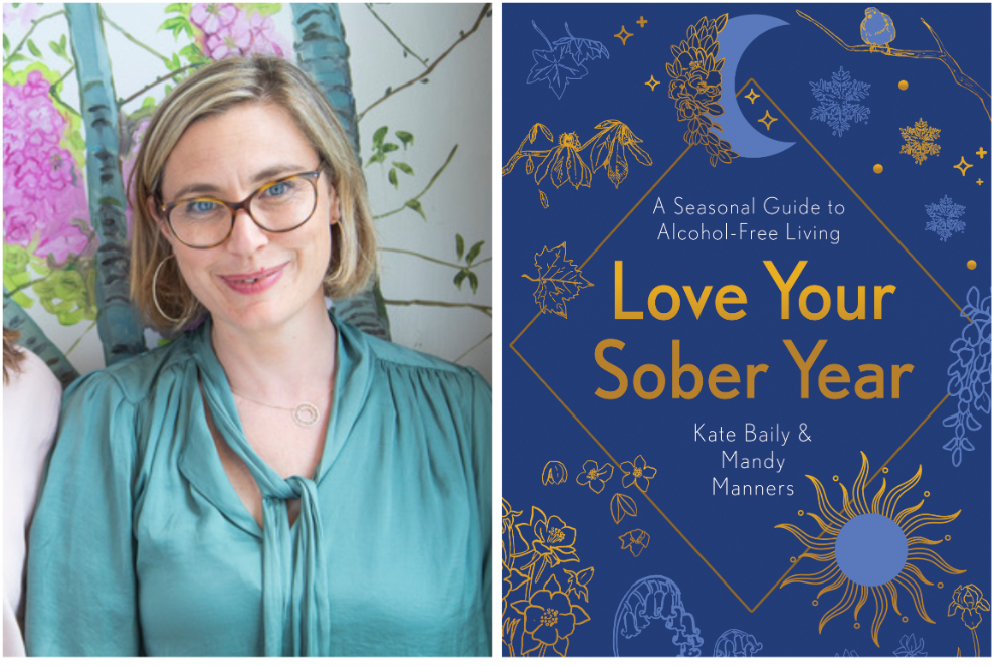When people say they don’t drink what do you think? If you don’t drink how do people react? Before I went alcohol-free for the first time in 2013, I thought being sober was the antithesis of fun… Why would you not drink? For me, the only people who didn’t drink had been forced to and probably missed it dreadfully. My world view of what it meant to enjoy life, had been constructed through rosé tinted glasses. Luckily, quitting drinking myself helped me understand the way we feel about alcohol through a wider lens.

Mandy Manners, Love Your Sober Year
What I didn’t understand was that my rosé tinted view of life wasn’t something that I had ever really decided on. My views about alcohol had been constructed by marketeers who have been normalising alcohol in our society since 1831. I had been targeted for consumption since I was as a preteen, then as a young professional and through to motherhood. The narrative that you can’t have fun or connect without alcohol is so pervasive and entrenched in society that it was hard to step out of that and say: "Hang on a second, this thing is addictive, a poison, a depressant and a stimulant and I think it might be bad for me.” As alcohol was impacting me, I drank more than I used to, I would often wake up at 4am with a splitting headache vow never to do it again, then do it again and it took me until 2017 to completely untangle my emotional and social relationship with alcohol. What I didn’t expect was that going alcohol-free would be the single most empowering thing I ever did for myself. It was the first act of self-care which transformed my life and made it better.
I am not the only one who is questioning this narrative we have on alcohol. As we develop wider conversations around wellbeing, mental health and stress people are starting to look at alcohol in a different way and ask questions:
- How much do I know about what does alcohol really do to my brain and body? What would taking a break or stopping improve for me?
- How much of my thinking about alcohol has been constructed by marketing and advertising? What examples in other cultures or my own challenge this narrative?
- How often do I try new things? What other ways can I socialise which aren’t to do with alcohol? What alcohol-free drinks can I try?
- How do people who don’t drink have fun, socialise, and connect? What can I do to find out?
The narrative is starting to shift; however, we still need to keep challenging our unconscious bias towards alcohol. To keep curious about the impact alcohol is having on us and be respectful of individual choice. There are many reasons why people don’t want to drink. It could be the beginning of a better and healthier life for them. Industry is responding with the alcohol-free drinks market which has so far chipped away 3 per cent of the global alcohol market, is forecast to grow to a whopping 31 per cent by 2042. There are now sober raves and alcohol-free festivals. People in the public eye are talking about how going alcohol-free has improved their productivity, creativity and health. Sobriety is getting a rebrand and that can only be a positive thing.
Mandy Manners, ICF accredited wellbeing and sobriety coach. Pre-order Love Your Sober Year by Mandy Manners and Kate Baily (Welbeck Balance, £14.99, published 1 September) https://amzn.to/3yyLMfK
1 https://www.drivenmedia.co.uk/2020/01/17/a-potted-history-of-alcohol-advertising-and-that-self-driving-budweiser-truck/ 22 https://intheblack.cpaaustralia.com.au/innovation/why-non-alcoholic-beverages-industry-booming

